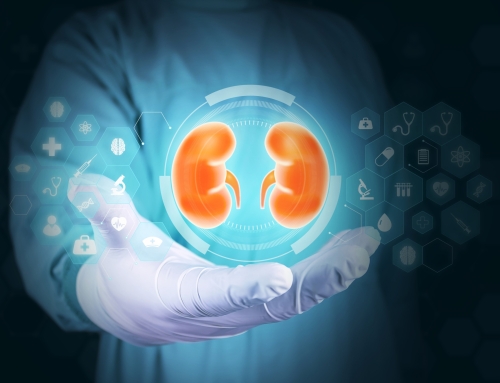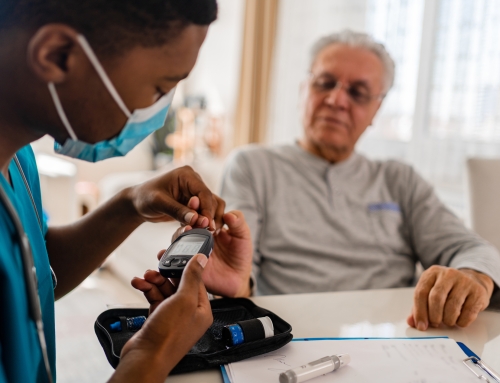
Velma Scantlebury, MD, DPC Education Center Health Care Consultant
1. Will a transplanted patient who receives a kidney from a diabetic individual become diabetic?
Diabetes results from a lack of the ability of your body to produce/and or use insulin effectively. If a kidney is used from a deceased donor who is diabetic, it is often biopsied to make sure that the kidney is not damaged from diabetes. Some transplant patients are at risk of becoming diabetic due to the anti-rejection medications used, including the use of steroids to treat rejection episodes. Therefore, your risk of becoming diabetic is related to your underlying family history, weight gain, and medications used after the transplant, not the transplanted kidney itself.
2. Is self-cannulation recommended or not recommended for dialysis patients?
If you are on hemodialysis, you actually have a right to insert your own needles, or self-canulate. Self-cannulation can be done by any patient who wants to participate in their own care and treatment. Once you receive the appropriate training and demonstrate competence, then you can decide if you want to do so or not.
Patients on home dialysis are taught the technique and are successful in carrying out their own dialysis insertions.
3. Once on dialysis, always on dialysis. Is this statement true or false?
Some patients can undergo acute dialysis because of a short-term injury to their kidney function, referred to as acute kidney injury. This is often sudden and is common in patients who are hospitalized, in intensive care, or even older patients with underlying medical issues. In many of these cases, once the underlying issue is corrected, there is often recovery of kidney function over time.
Other causes can be allergic reactions to drugs (interstitial nephritis), overwhelming infections, or even blockage to your kidneys such as kidney stones or prostate issues.
On the other hand, chronic renal failure is a slow process, often unrecognized, and results in significant scarring of the kidneys resulting in the need for long-term dialysis. Biopsies of the kidneys in these situations often show overwhelming scarring and the absence of the functional components that do the work of the kidneys. In these cases, the need for replacement therapy is permanent and can be eliminated only by kidney transplantation instead of long-term dialysis.
4. Is it okay for transplant patients to skip anti-rejection medicine every other day?
It is never okay to skip anti-rejection medications. These medications are given to protect your transplanted organ, and the dosing is based on how long the drug stays in your system. By taking your medications as prescribed, you keep the blood dosages at the desired level that protects your transplanted organs. When you skip doses, you leave your transplanted organ unprotected with much lower levels of the anti-rejection medication, giving your killer white blood cells a chance to sneak in and attach to your transplanted organ. While this will not be evident at first, it allows for the buildup of scar tissue, which slowly replaces the working sections of your kidney, leading to chronic destruction over time. This will reduce the life of your transplanted kidney in a manner that is often not salvageable.
If you cannot afford to take your medications every day, speak to your transplant coordinator about cheaper options that may be a better choice. There are also medications that can be taken once a day.




